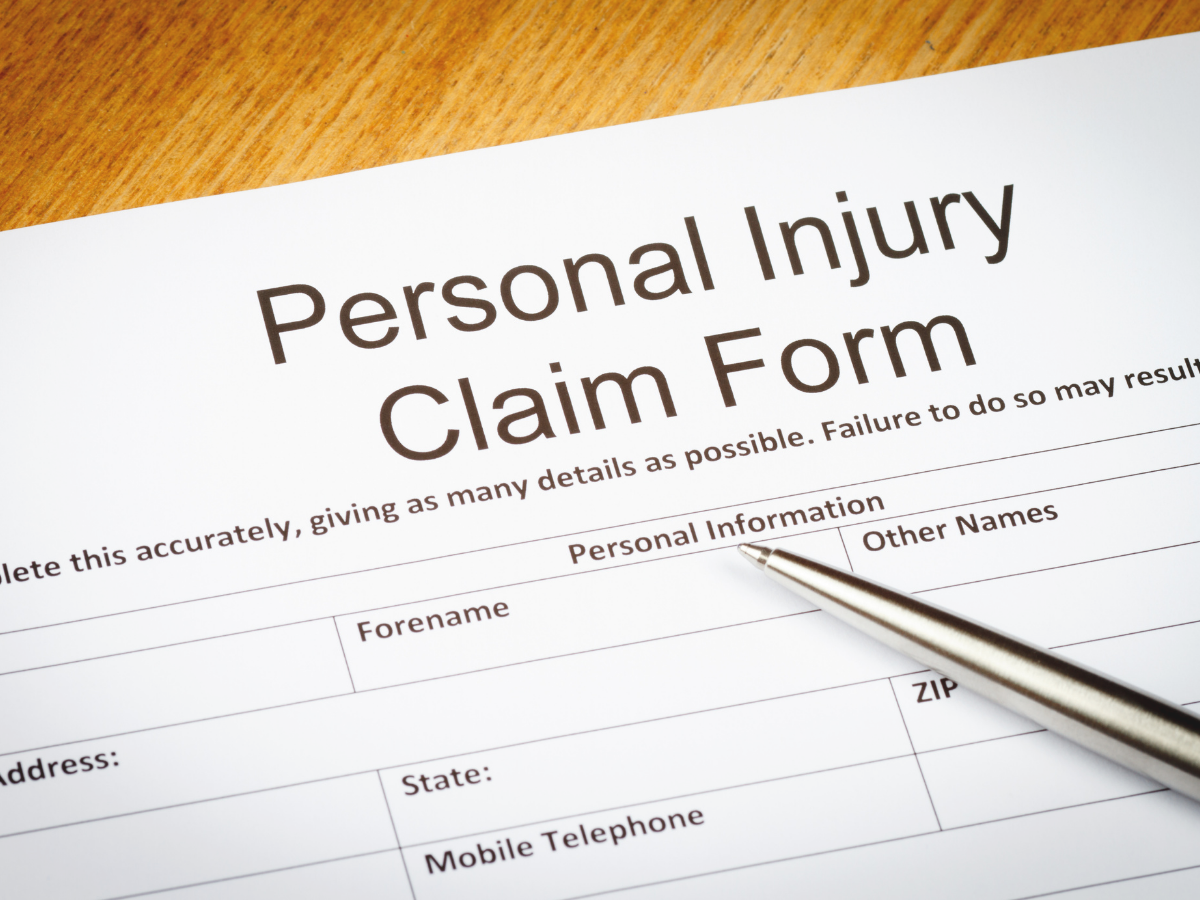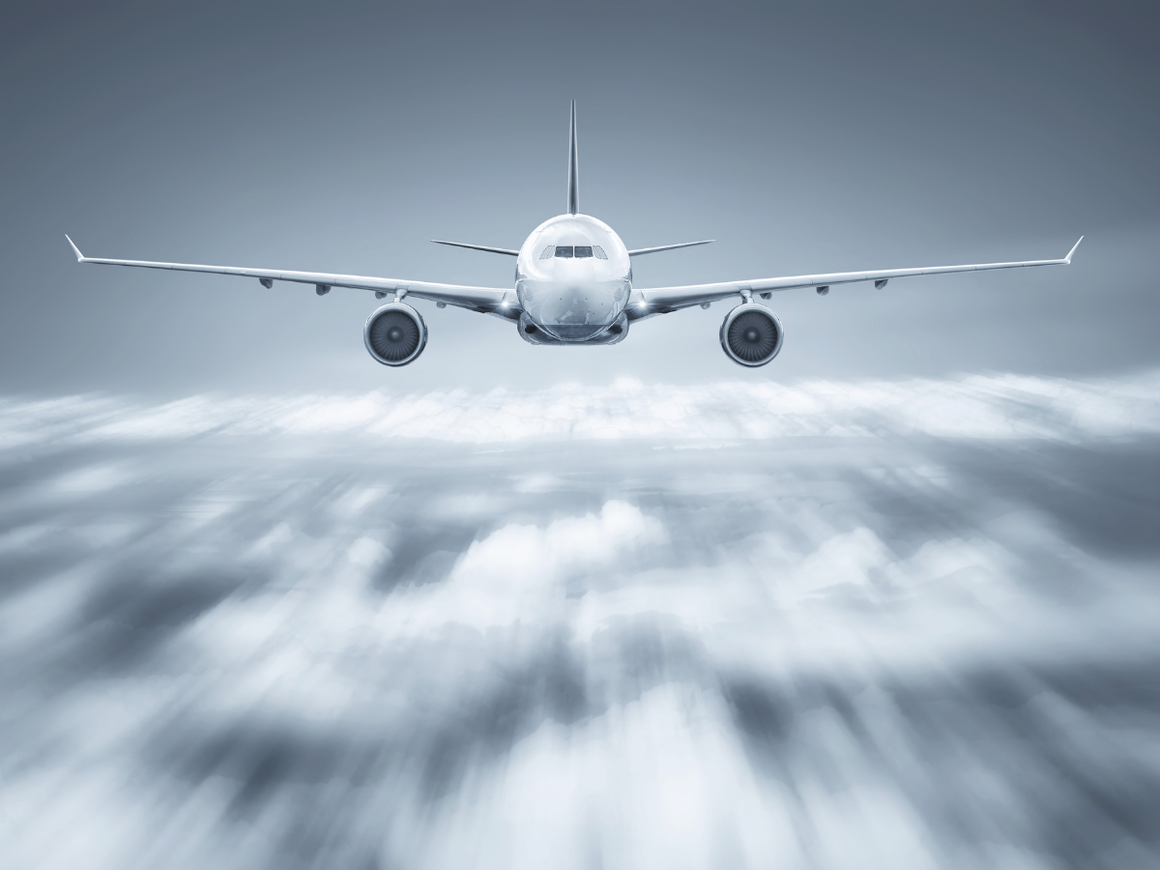While the majority of aviation injuries don’t involve a crash, it’s important to note that when crashes happen people who survive them may be left with serious injuries.
Airline crashes dominate headlines when they happen and typically result in multiple fatalities. Passengers may also suffer serious aviation injuries during flight or in the airport. These injuries can include slips, trips and falls as well as trauma sustained due to falling luggage or an unsecured beverage cart. Disabled passengers who request wheelchair assistance getting on and off the plane or between flight connections are sometimes not provided with a wheelchair, and this can result in serious injuries or death.
>> What Should I Do If a Loved One Dies In An Airline Accident?
These accidents may not get widespread attention, but they can leave an individual with serious injuries. Furthermore, any kind of aviation accident case can be complex, as these types of cases often involve multiple defendants as well as parties from various states and even different countries.
"If you have been hurt in any kind of aviation accident, it’s in your best interest to discuss your case with an experienced aviation accident lawyer. No one should have to bear the burden of expenses arising from someone else’s negligence. Get the full and fair compensation you deserve by speaking to a knowledgeable airline accident lawyer as soon as possible following an aviation accident injury. " Jonathan C. Reiter New York City aviation accident lawyer.

1. Common Causes of Airline Crashes
While the majority of aviation injuries don’t involve a crash, it’s important to note that when crashes happen people who survive them may be left with serious injuries. Whether the plane is a commercial jetliner or a small private plane, it’s rare for someone to simply walk away from an aircraft accident. If you’ve been hurt in a commercial or non-commercial crash, you may be dealing with long-term and catastrophic injuries. If another’s negligence caused your injuries, it’s important to get the help you need to pursue compensation.
Aviation accidents can occur on a commercial flight or non-commercial flight. The term “general aviation” covers any aircraft that is not a commercial plane. For example, general aviation includes private planes, charter flights, personal aircraft, helicopters, and even hang gliders.
By far, the most common cause of airline accidents, including both commercial and non-commercial, is pilot error. Other causes include:
Bad equipment
Design flaw in the plane
Faulty maintenance
Turbulence
Negligence on the part of aviation controllers or workers
Injuries caused by slips and falls
Unsecured luggage or other items, such as heavy beverage carts
When an aviation crash or accident happens, it can be investigated by two federal agencies tasked with overseeing the air and travel industry in the United States. These two agencies are the Federal Aviation Administration (FAA) and the National Transportation Safety Board (NTSB).
This is part of what makes aviation accidents so complex. If you’re involved in this type of accident, you can quickly get confused about your rights and what steps you should take next. This is where an experienced aviation accident lawyer can help.
Should You File a Personal Injury Claim After an Aviation Accident?

If you have been injured in an aviation accident, you should discuss your case with an experienced aviation injury lawyer. One of the first questions your lawyer will consider is who is potentially liable for the accident that caused your injuries?
This can be any number of entities or individuals, including:
The aircraft’s owner
The pilot
The aircraft’s crew
The airplane’s manufacturer
A third party that did maintenance on the aircraft
The airport
Airport employees that directed the aircraft or oversaw its operation
An airport employee
The airport or its owners
Fellow passengers
Aviation accidents can involve many possible defendants, which is one of many reasons why it’s a complicated area of law. In some cases, even the federal government could potentially be responsible for the accident.
In an aviation accident case, it’s important to determine who acted negligently. “Negligence” is the legal theory that holds that someone who has a duty to act as a reasonable individual would under similar circumstances is liable for the harm that results when they fail to meet this duty of care. In addition, international flights are governed by special laws that provide for compensation even if there is no negligence.
2. Damages in an Aviation Accident Case
An individual who prevails on an aviation accident claim can be awarded damages to compensate them for their losses. These damages can include:
Medical bills
Lost wages
Loss of future earning capacity
Pain and suffering
Loss of companionship of a spouse
Emotional distress
Damages can include both past and future damages. For example, a court in an aviation accident case may award an injury victim compensation for both past medical expenses and future ones. This is common in catastrophic injury cases, where expert testimony can show that an individual will need ongoing medical care and treatment.
The court may also choose to award punitive damages. Punitive damages are designed to punish a negligent party for its negligent behavior and deter others from doing the same.
3. What Is a Common Carrier?
If you have been injured in an aviation accident or crash, you may hear the term “common carrier.” A common carrier is a business that offers transportation. This can include the transportation or shipment of people or products. Examples of common carriers include buses, cabs, trains, charter buses, cruise ships, and commercial planes.
In many cases, a common carrier is regulated by a federal agency. For example, the FAA regulates commercial airplanes. This means commercial airlines must meet FAA guidelines to operate. When commercial airplanes deviate from these rules, they can be sued for negligence.
To bring a claim for negligence against a commercial airline operator, an aviation accident victim must be able to prove all four elements of their negligence claim. They must be able to show:
The airline had a duty of care to the passenger
The airline breached its duty of care
The breach of the duty of care caused the passenger’s injury, and the injury wouldn’t have happened if not for the airline’s breach
The passenger sustained damages
As you might expect, aviation accident cases can be complex. To prove their case, injury victims may rely on a number of different types of evidence, including:
Eyewitnesses – If someone observed the airline acting negligently, that eyewitness can testify in court. For example, a fellow passenger on an airliner that saw another passenger get struck with an unsecured beverage cart can offer their testimony.
Expert witnesses – Aircraft are complex machines with a lot of moving parts. When an accident happens, it’s normal for agencies to bring in expert investigators to determine what caused the accident.
Photos – Photographs can be extremely valuable in an aviation negligence case. They may be able to show that a dangerous condition existed at the time of the passenger’s injury. Photos can also show the damages that occurred due to the accident, and they may even be used to document an injury victim’s injuries that resulted from the accident.
Records – Written records can be important evidence in an aviation accident case. These can include incident reports, maintenance logs, inspection reports, and other records.
4. Aviation Accident FAQs
The following are some of the most frequently asked questions and answers regarding aviation accidents.
1. Who is responsible for my aviation accident injury?
The possible liable entities and parties depend on the unique facts of your case. In an aviation accident case, there can be many potentially liable parties, including the pilot, the owner of the aircraft, maintenance personnel, the airport or its employees, or the manufacturer of the airplane or airplane parts. Other potential liable parties may include the aircraft’s crew, fellow passengers, or people in the airport.
2. Who investigates aviation accidents?
When an aviation accident occurs, it gets investigated by the FAA and the NTSB. These are two separate and independent federal agencies.
3. What causes most aviation accidents to happen?
While aviation accidents can have several different causes, some are more common than others. Some of the top causes of aviation accidents include:
Pilot error
Malfunctioning equipment
Design flaws with the aircraft
Negligence on the part of an airline employee, such as an air traffic controller
It’s also possible for more than one party to be responsible for an aviation accident. This is why it’s important to file a claim as soon as possible if you have been injured in an aviation accident.
4. Are there different laws for commercial versus non-commercial aircraft?
Yes, there are different laws for general aviation. Commercial airlines and military aircraft have separate regulations from the general aviation industry. International flights also are governed by special rules relating to compensation.
5. Do I need a lawyer if I’ve been injured in an aviation accident?
You should protect yourself by speaking to an aviation lawyer as soon as possible following an aviation accident.
6. What kind of compensation can I get for an aviation accident injury claim?
No lawyer can predict how much compensation you will receive for your aviation accident injury claim. There are many factors that determine how much an individual will receive. However, an experienced aviation accident injury lawyer can review your case and give you a general estimate based on their knowledge of this area of law.
Discuss Your Case with a NYC Aviation Accident Lawyer
If you have been hurt in an aviation accident or crash, it’s important to protect your rights by speaking to a airline injury / accident lawyer as soon as possible. There are time limits for filing a claim, so don’t hesitate to review your case with a personal injury lawyer, as a delay could cause you to miss the deadline for filing, which can prevent you from pursuing the compensation you deserve.
How Can an Aviation Accident Attorney Help You? >>
Sources:
https://www.travelandleisure.com/travel-tips/airplanes-safest-way-to-travel
http://www.bbc.com/travel/story/20130521-how-human-error-can-cause-a-plane-crash
https://www.faa.gov/news/fact_sheets/news_story.cfm?newsId=20074
Media Contact: NYC Aviation Accident Lawyer Jonathan C. Reiter Law Firm, PLLC
https://www.jcreiterlaw.com/
T: 212-736-0979
Attorney Advertising
Prior results cannot and do not guarantee or predict a similar outcome with respect to any future case. Recoveries always depend upon the facts and circumstances of each case, the injuries suffered, damages incurred, and the responsibility of those involved.







